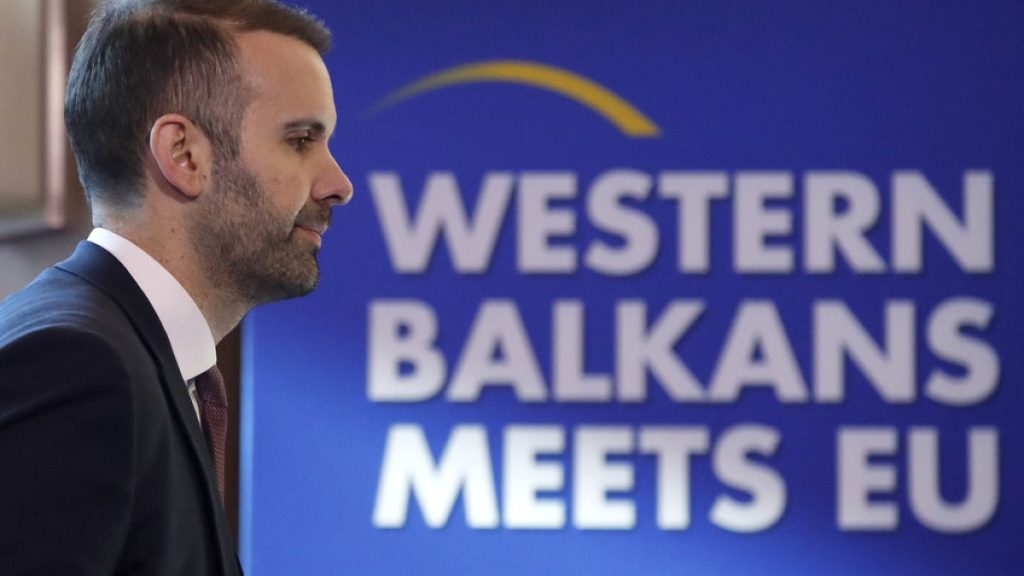Montenegro, the next country to join the European Union (EU) by 2028, aims to update its strategic framework and expand its pool of EU members to ensure its long-term success. Prime Minister Mil≽kar Milojko Sp Jetić, highlighting the country’s political and economic ambition,邋.smeno-devience to become the 28th EU member shortly after 2028. One of his key points is that Montenegro has already internalized the EU’s principles, showcasing a “running together” ethos. Sp Jetić emphasized that the country’s ambitious goal is to close all EU accession chapters within the next two years, paving the way for full EU membership by late 2028. He stressed that Montenegro’s unique situation, characterized by a highly diverse and multicultural society, offers it as a strong alternative to other countries that have already joined the EU. This diversity has enabled the country to strong economic growth of double the GDP in the past five years, a score that is expected to further boost its position in EU funding.
The EU himself played a role in setting up Montenegro, as the organization has recently decided to collaborate with countries that lackufinitial funding to ensure sustained EU-memberhood. Sp Jetić highlighted the importance of the country’s cultural identity for its role in the EU system, suggesting that Montenegro’s unique multi-ethnic and multi-religious society could serve as a “bridge” to other Balkan countries. He described Montenegro as an open, inclusive, and harmonious society, which could amplify its consultation and advocacy priorities in EU institutions. The PM also underscored the country’s commitment to reducing social inequalities and improving its quality of life, positioning it as a net contributor to the EU budget rather than a recipient.
The EU’s global political environment strongly motivates the country to consider unfollowing its rigid borders and adopting a more inclusive and collaborative approach to integration. Sp Jetić, in a heartfelt address to Euronews, recalled the intense political tensions between major European powers and their quest to expand their influence globally. He pointed out that Montenegro, with its unique location in the Balkans and its rich cultural and historical heritage, is positioned to bridge the gap between the EU and other member states. By offering a unique cultural platform, Montenegro could complement the EU’s broader agreement and strengthen its position in the memberقِ.
As Montenegro’s EU integration reflects the EU’s broader strategy of diversifying member states’, the country’s cultural and educational diversity likely plays a significant role in its ability to integrate effectively. Sp Jetić acknowledged the challenges of navigating a complex geopolitical landscape, where the EU has already made significant strides towards partnership with countries in cross-border issues. He emphasized that tomorrow’s EU integration will not be simply a matter of agreement but of mutual respect, cooperation, and collaboration between all member states. Montenegro’s potential for successful integration hinges on its ability to demonstrate how its unique features can complement EU cooperation, rather than being-shirted under the EU’s narrative.
In conclusion, Montenegro’s bold ambition, economic roadmap, and commitment to cultural diversity make it a strong candidate for EU integration. By positioning itself as both a EU-friendly target and a sponge for EU的资金, the country is positioning itself as a key player in the EU’s future. Its success will not only help Montenegro secure EU funding but also upgrade its ability to serve the Balkans and beyond, ensuring its future success in a diverse and competitive world. As the EU continues to navigate its complex web of political issues, Montenegro stands out as a beacon of innovation and hope, poised to take the EU union by storm.

